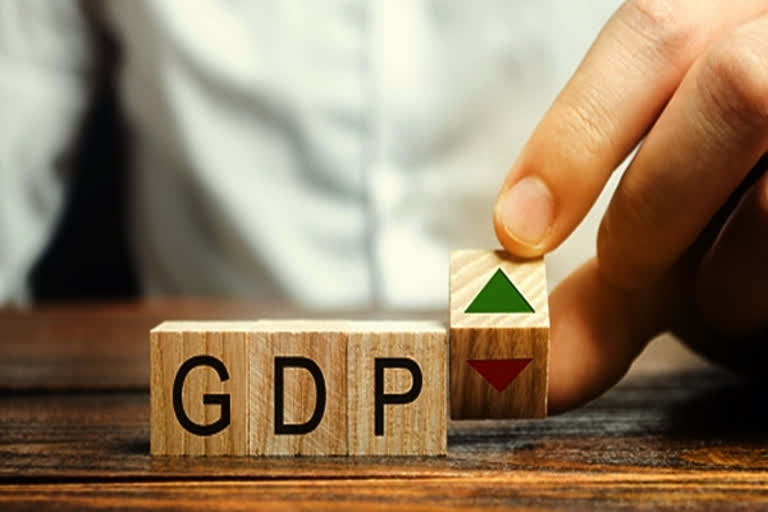New York:The UN forecasts India's economy to grow by 7.5 per cent this calendar year and reboundto 10.5 per cent next year with the caveat that the outlook is "highly fragile" because of the brutal Covid-19 second wave.
The mid-year World Economic Situation and Prospects report released on Tuesday said that for a global recovery universal access to Covid-19 vaccine is critical but in India "access to vaccines is unequal and insufficient to meet the massive demand".
"Given the fluid situation, India's growth outlook in 2021 is highly fragile," it warned.
It noted that while "India has been particularly affected by a brutal second wave, which is overwhelming the public health system in large parts of the country", the country also "has expanded vaccine eligibility and is ramping up supply in every possible manner".
The mid-year forecasts are 0.2 per cent higher than that made in January for this year and it has been revised up by 4.2 per cent higher for next year.
The report forecast investment growth to plunge by a negative 10.2 per cent this year.
The UN projection for India is far lower than the International Monetary Fund's (IMF) upbeat 12.5 per cent forecast last month just as the Covid-19 surge was beginning.
But there is also a difference in the time periods two organisations use -- UN follows the calendar year, while the IMF uses the fiscal year under which the growth forecast would take in to account the growth in the first months of 2021.
Read More:Moody's slashes India growth forecast to 9.3%
The UN report said it expects global economy to expand by 5.4 per cent in 2021 buoyed by the recovery in the world's two largest economies, China and US, due to the "rapid vaccinations and continued fiscal and monetary support measures".
This year China's economy is projected to grow by 8.2 per cent and the US by 6.2 per cent -- the highest it has seen since 1984.
Introducing the report, the Chief of the UN Development Research Branch, Hamid Rashid, said that universal access to vaccines was a critical factor for global economic recovery as it will create her immunity to enable the resumption of economic activities.
The report, however, painted a dim picture of the global vaccination situation.
It said, "As of 24 April 2021, 1.01 billion vaccine doses have been administered globally, with the United States, the United Kingdom and China collectively accounting for nearly 50 per cent of all the doses administered worldwide. Only about 1 in 10 people worldwide have received a vaccine shot so far (figure I). The vaccination rate is only 1 in 100 in Africa."
For South Asia, the report said, economic growth will return in 2021 at 6.9 per cent against a 5.6 per cent drop in 2020, but the recovery will be very uneven, and the scarring effects will run deep.
It added, "Indeed, South Asia's regional economic growth in 2021 will still be insufficient to undo last year's 6.7 per cent loss in GDP (gross domestic product) per capita. Many of the region's households that have fallen into extreme poverty will thus remain trapped in their precarious condition."
(IANS)
